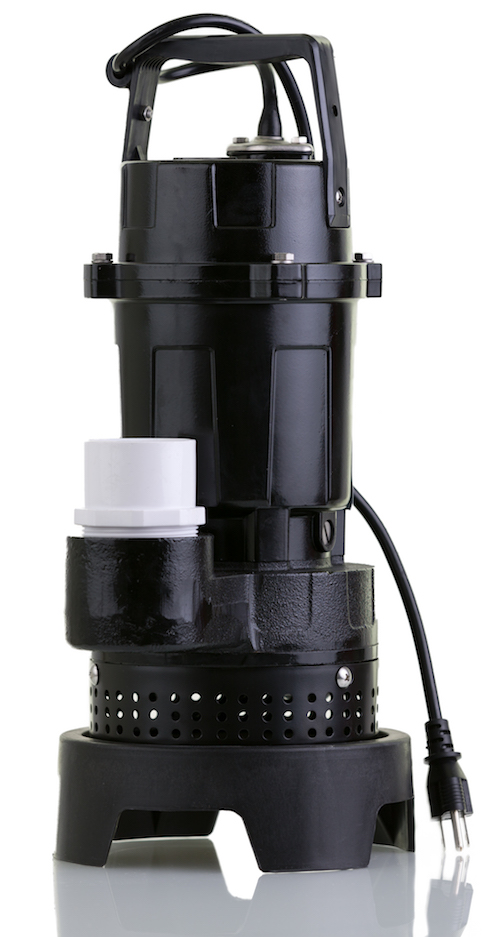Water Management Tips
With more than a century of experience, we’ve learned a lot about how to manage water effectively. Read these tips to learn how you can conserve water, save money on your GAUD bills, and prevent seasonal problems like frozen pipes or a flooded basement.
SAVE WATER

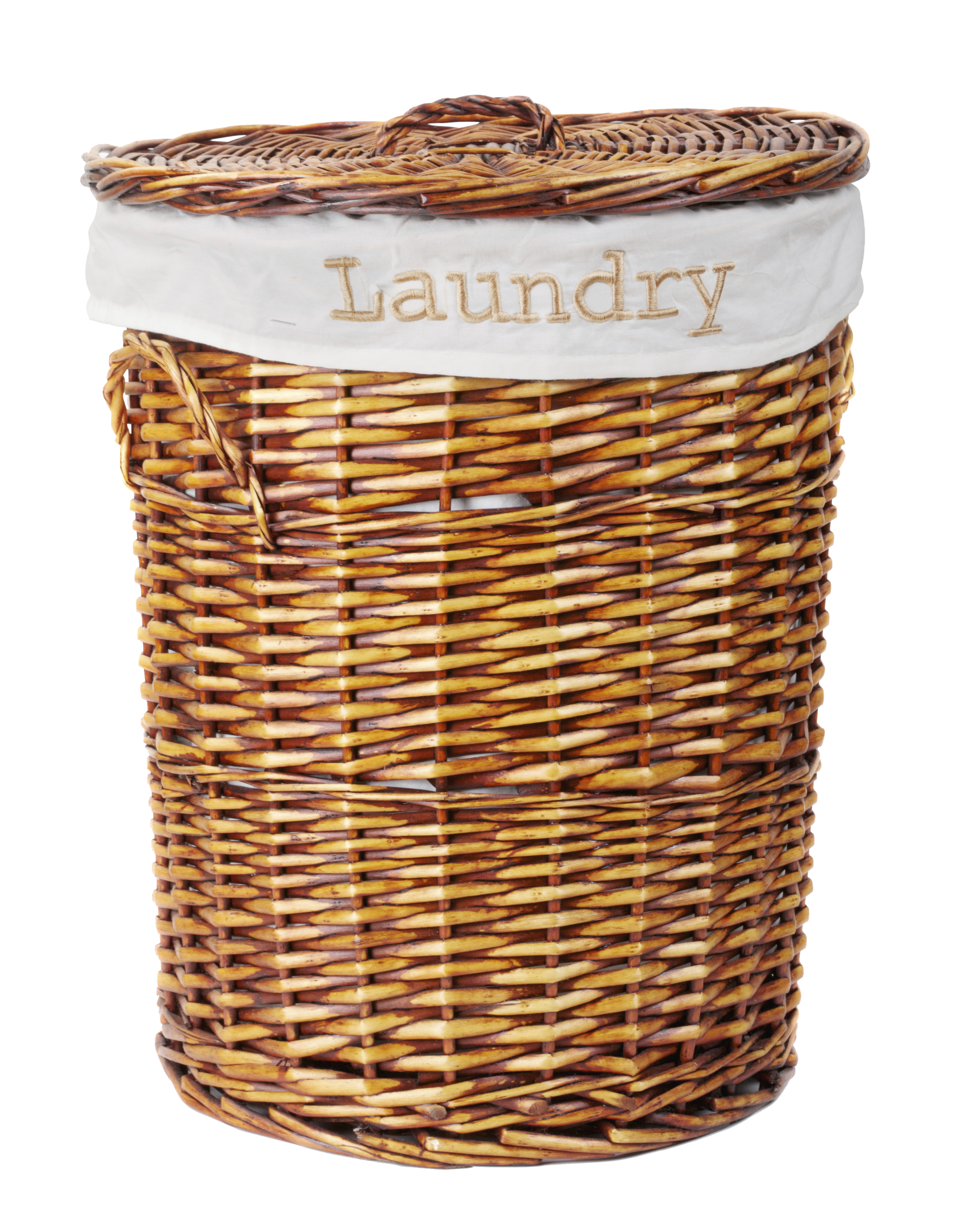

- Fix toilet leaks. This is the biggest water waster in the average household. Even if you don’t hear your toilet running, water still may be escaping silently. To be sure, ask GAUD. for our free leak detection tablets or use a few drops of food coloring in the toilet tank; if water in the bowl changes color, you’ve got a leak that needs fixing.
Here’s a website with videos that show you how to find and fix leaks: conserveh2o.org. Or call a plumber (it will pay for itself).
TIP: A new toilet can use 75% less water than an old one. - Take a shower instead of a bath, using a low-flow shower head. An average full bath uses 60 gallons of water; a quick shower only a fraction of that—and a low-flow head can cut use by another 40%.
- Wait till you have a full load to do laundry or use your dishwasher. Two half loads use twice as much water as one full load!
- Cut your lawn less often, and you can water it less! Lawns will need less water the longer you leave the grass—try 3” to start. And in the fall, over-seed your lawn with ryes and fescues to thicken-up your grass for next spring. This will help reduce the amount of water your lawn needs next year.
PREVENT FROZEN PIPES DURING A COLD SNAP
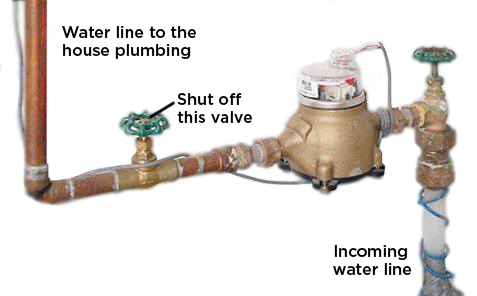
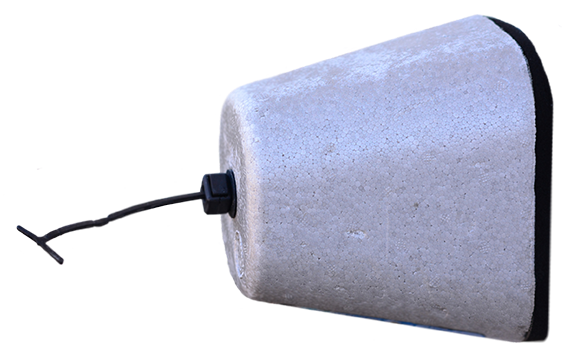
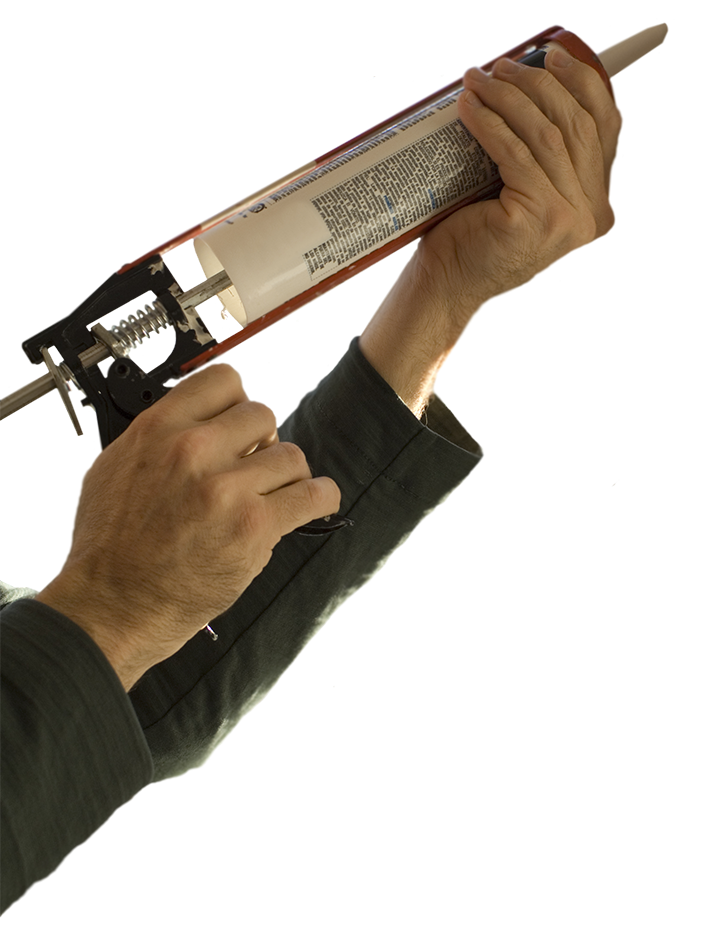
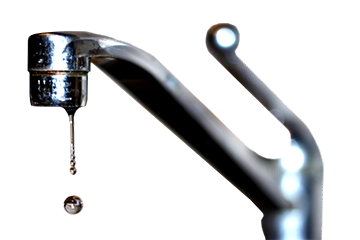
Extreme cold winter weather, especially with high winds, can freeze pipes outside and—to many people’s surprise—indoors. Frozen pipes are inconvenient and expensive: homeowners are responsible for the costs for water pipe and meter repair, and any damage caused when pipes thaw.
So before the next cold snap, check out these simple tips to prevent damage caused by freezing water pipes:
- Protect pipes or water meters in your basement or crawl space: Be sure your meter and piping are located in a warm, dry, and accessible area. Check for broken windows or damaged skirting that might cause freezing.
- Locate your internal shutoff valve (see illustration) and be sure it is working in case of an emergency.
- Protect outside pipes and faucets: If you have a separate shutoff valve, turn it off and drain the pipes. If not, insulate outside faucets and hose bibs. You should also strongly consider re-routing any outdoor pipes.
- Caulk around pipes where they enter the house. Seal cracks or holes in windows, walls or doors near the meter or pipes.
- Leave doors open to cabinets with plumbing inside to make sure heat gets to the pipes.
- Insulate pipes in an unheated garage, basement or crawl space with foam tubes or insulated wrap.
- Finally, let the water run slowly in extreme cold where you’ve had problems in the past with pipes freezing. The added cost to your water bill will be far less than the cost to repair a broken pipe.
If your pipes do freeze, follow these steps:
- Thaw the lines carefully. Use a hair dryer, heat lamp or electric lamp. Thawing may not be fast, but it will be safe. Don’t use an open flame or an electric arc welder, and do not leave the pipes unattended.
- If your pipes burst, shut off your water and water heater. If you can’t find the shutoff valve, or have water leaking inside the house, GAUD can help you shut off the water.
- If you have a broken pipe, call a plumber for the repair. (You will need to contact GAUD to replace a frozen water meter.)
For problems with frozen pipes, call (207) 622-3701 for assistance 24/7/365. After hours you will be directed to call Public Safety (207) 626-2370.
KEEP YOUR BASEMENT DRY
- Help prevent basement flooding by clearing eaves, troughs and downspouts of leaves and other debris. Be sure to seal window wells and fix leaks in basement walls.
- Disconnecting downspouts from the sewer system will also help prevent basement flooding and the release of polluted rainwater into local waterways.
- Consider installing a basement sump pump if you have experienced basement flooding. Be sure to maintain your equipment once it’s installed. Please do not hook sump pumps up to the sewer system. To do so is a violation of our sewer use ordinance.
